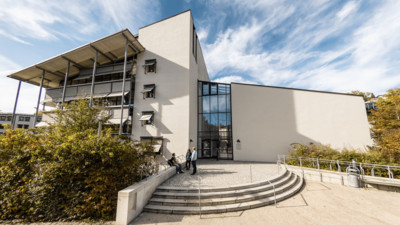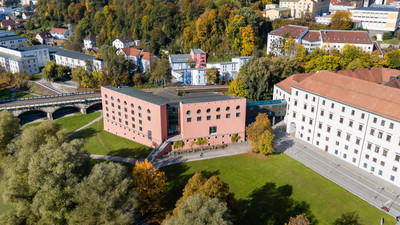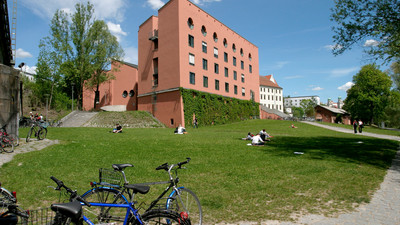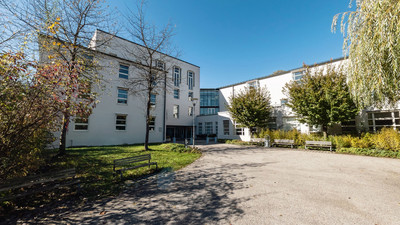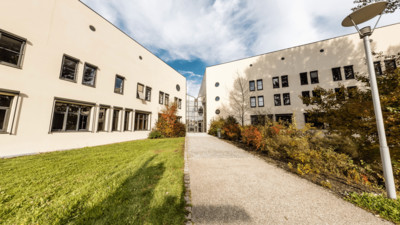By discussing media coverage of major events such as the Ukrainian pro-EU protests, the Russian occupation of Crimea and the first months of the war in the Donetsk and Luhansk regions, it explains how Russian television stoked fear and hatred towards Ukraine and the West. The comparison of two major broadcasters - RT, which is aimed at an international audience, and Channel One, which is aimed at domestic viewers, showed how the latter uses even more extreme rhetoric than the better-known and widely criticized broadcaster RT. The presentation also linked these media strategies to Russia's wars of the past decades, namely the wars against Chechnya and Georgia, which provided a deeper insight into Russia's long-term communication approaches.
Dr. Alona Shestopalova studied political science and political communication in Lviv and Hamburg. Since 2022, she has been a Senior Researcher at the Centre for Information Resilience in London. Previously, Shestopalova completed fellowships and internships at the International Center for Defence and Security in Tallinn, Institute of World Policy in Kiev and the Donetsk Institute of Information. Her work has been published in the Central European Journal of International and Security Studies and The International Journal of Press/Politics, among others.

